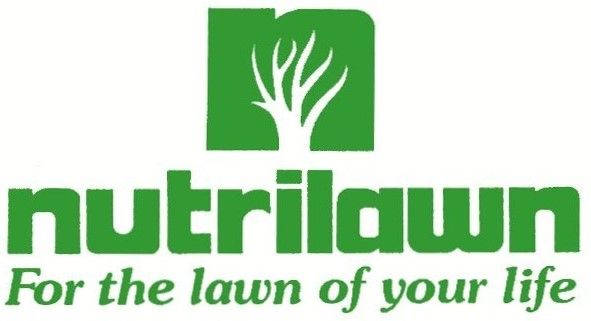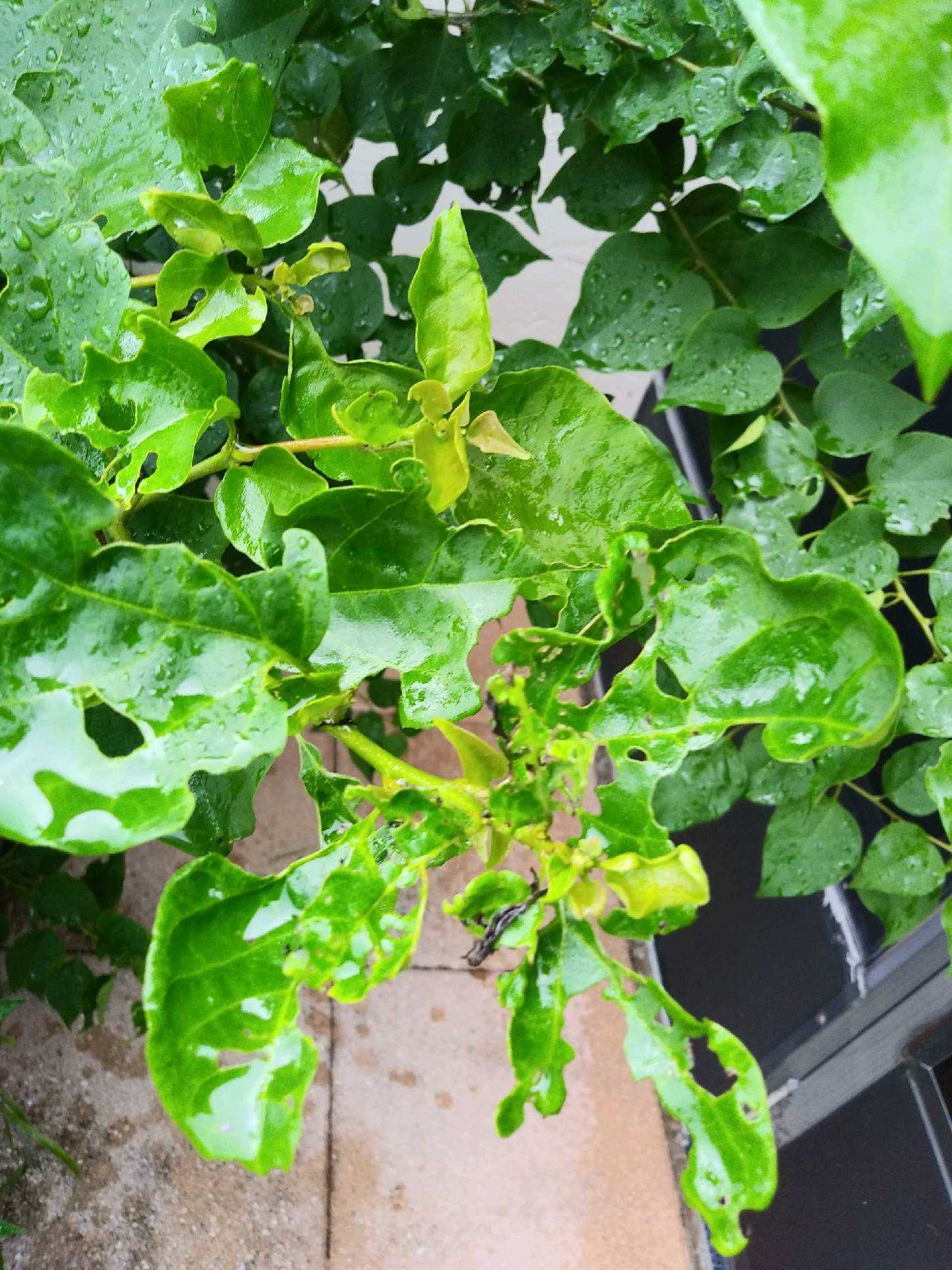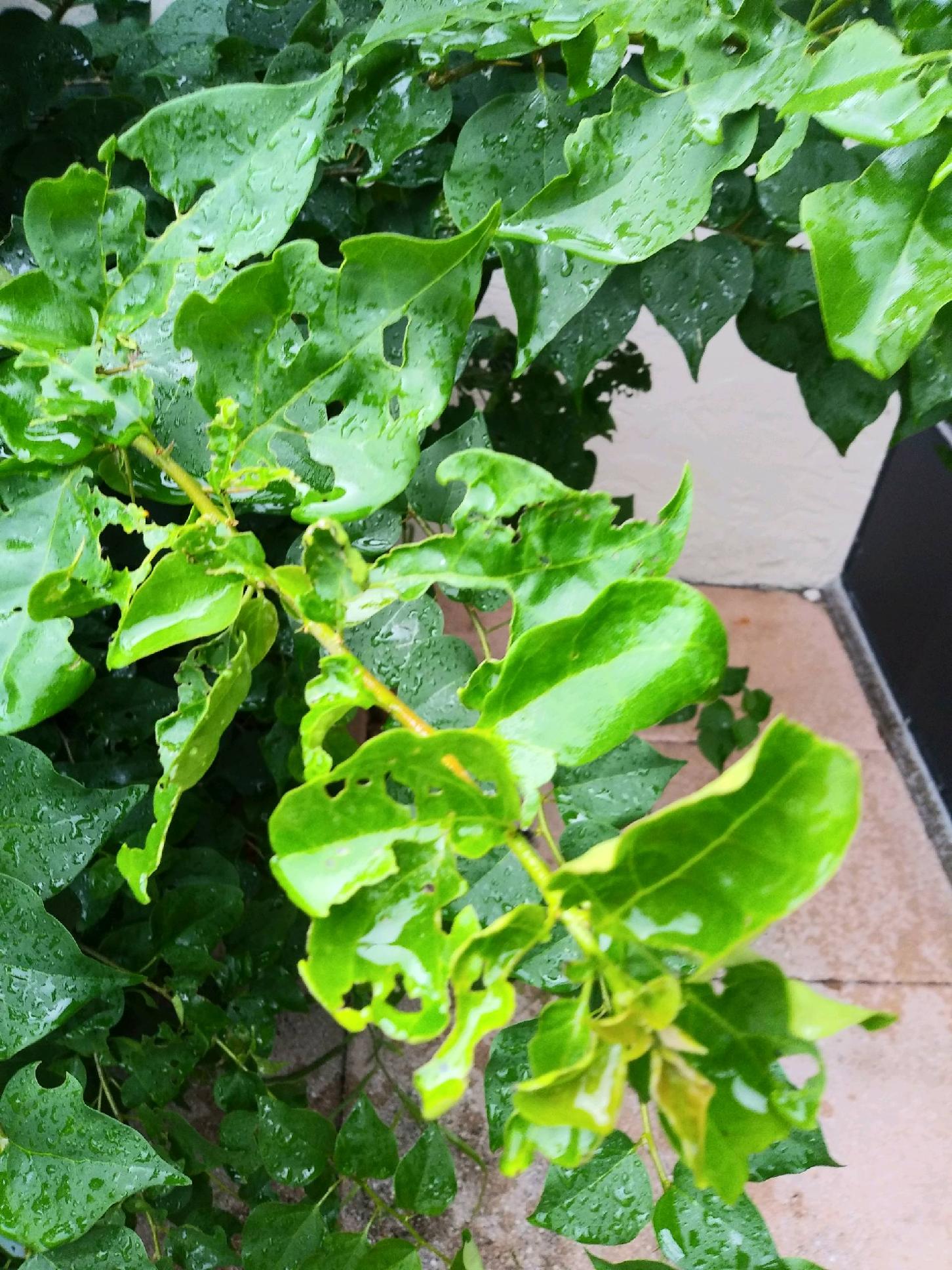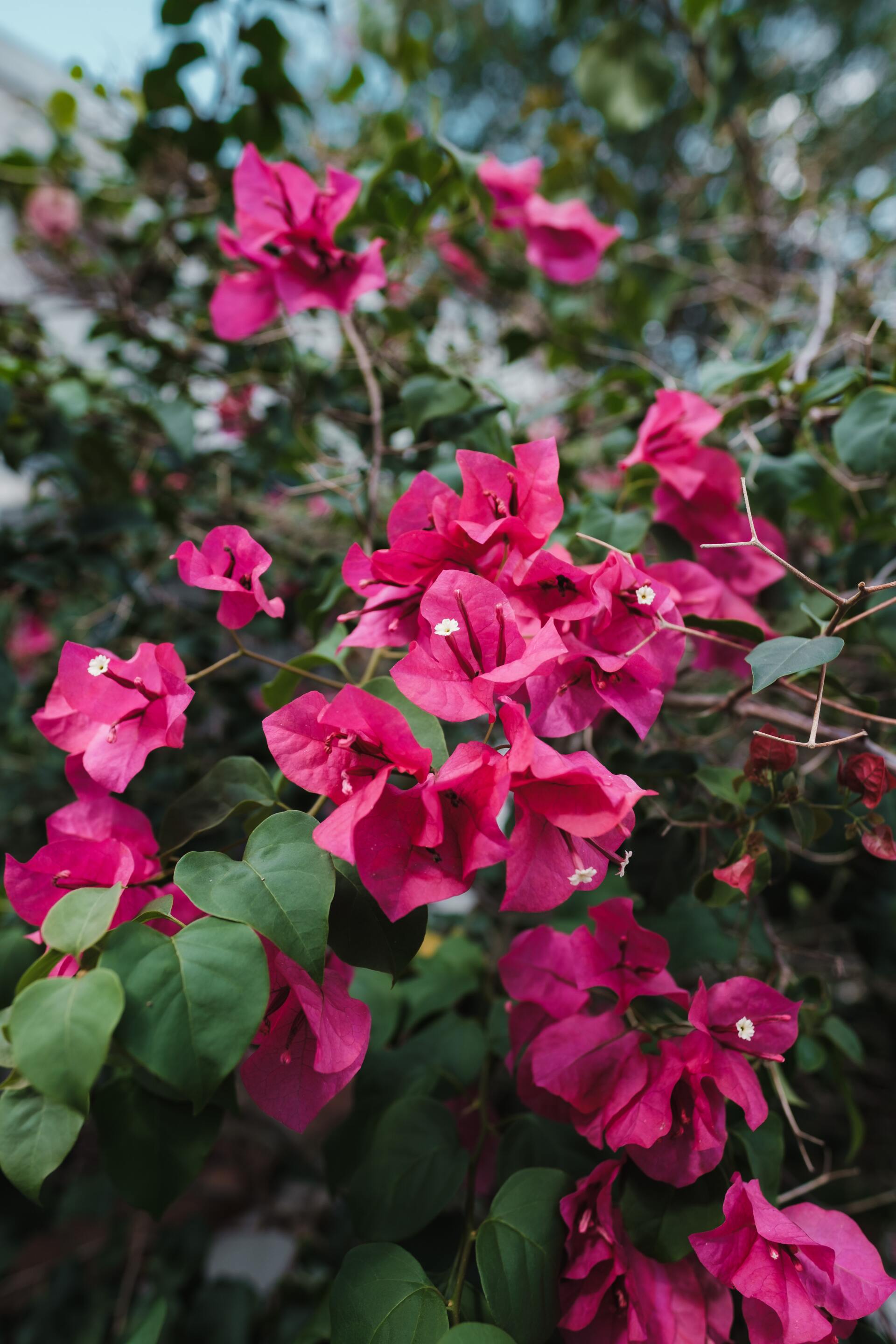Nutrilawn offers Plant Feeding Insect service throughout the Tampa Bay area.
Bougainvillea Plant Pest: Few plants better represent warm weather climates than the bougainvillea, with its vibrant bracts and lush growth. Many bougainvillea owners may find themselves unprepared when suddenly their vigorous bougainvillea vine looks as though a nocturnal villain has eaten away at all the leaves.
The bougainvillea loopers are small, worm-like caterpillars that are commonly called "inchworms." They will move by bunching up their body and then stretching back out, as though they are measuring the space. The bougainvillea loopers caterpillar will be yellow, green, or brown and will be found on bougainvilleas. These bougainvillea loopers are the larva of the somber carpet moth.
In some cases, the damage from a heavy infestation may even result in tender shoots being eaten and complete defoliation of the affected bougainvillea vine. While the damage may look bad, bougainvillea caterpillar damage will not kill a mature, healthy bougainvillea vine. However, it may be a threat to a very young bougainvillea plant.
Our professional lawn service technicians are trained and skilled in the art of bringing new life to your lawn. Our family-owned business (2 University of Florida Entomologists on staff, "Father & Son") was established in 1996 and throughout the past 25 years we have devised various full-proof lawn & shrub care options that will have your neighbors talking.
ARE YOU READY FOR THE LAWN OF YOUR LIFE?!
Lawn Care Program *AS LOW AS $28 PER MONTH
Premium Fertilization with the use of slow-released products (Liquid and Granular)
Potash application for stronger roots.
Guaranteed control of Chinch bugs, Sod Webworms, Grubs, and Broadleaf Weeds.
Tree/Shrub Program * AS LOW AS $23 PER MONTH
Scheduled inspections of ornamental plants.
Treatments as needed for the control of damaging insects such as Aphids, Whitefly, Scale and more.
Nutritional sprays to keep plants healthy.
Insect IQ / Nutrilawn IQ has always been willing to identify turf or shrub damage free of charge. Take a picture and email it to Nurtilawnfl@gmail.com
For more information
Contact Us today, 800-526-9123, and ask about our lawn & shrub pest management services. Mention our post–get your first lawn and shrub service for FREE! (With 1 year service agreement)
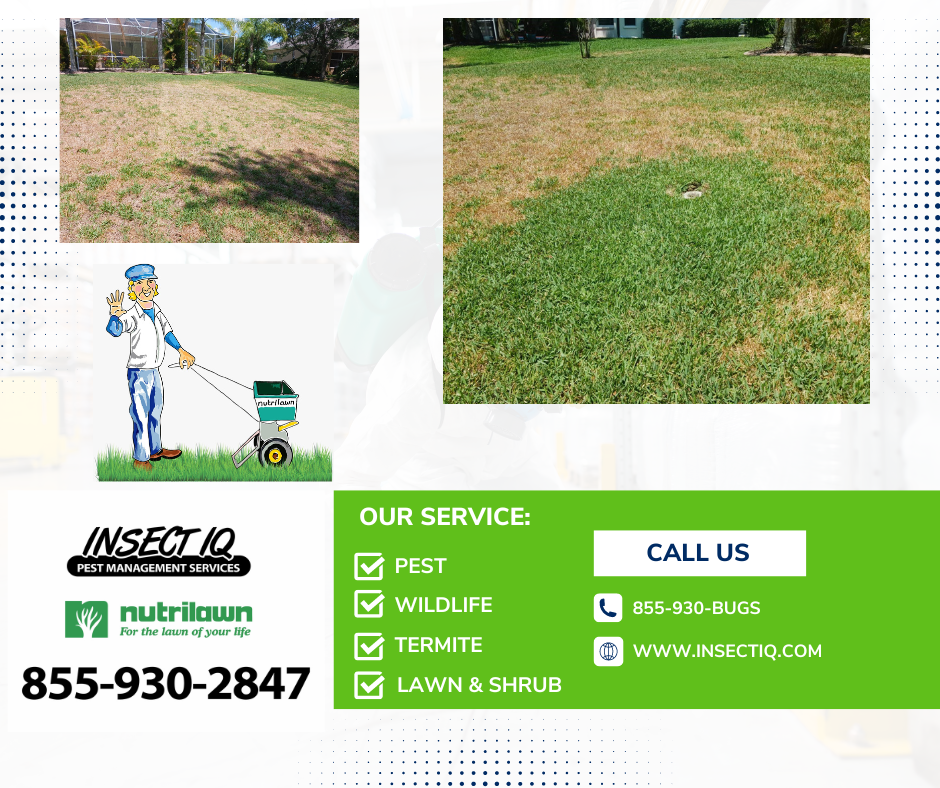
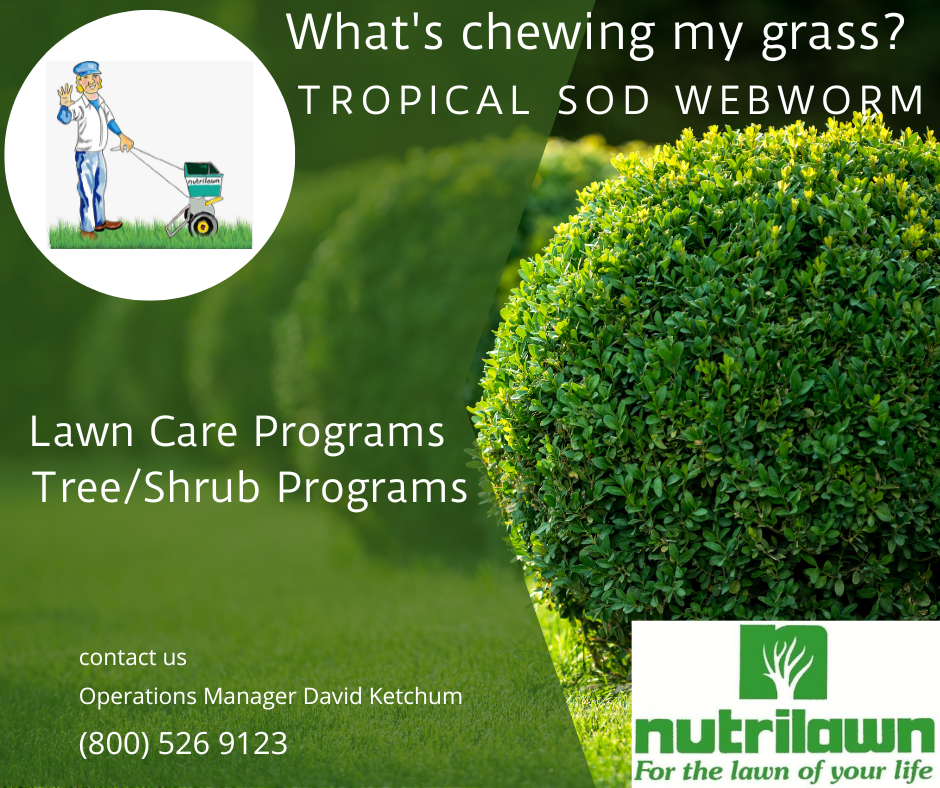
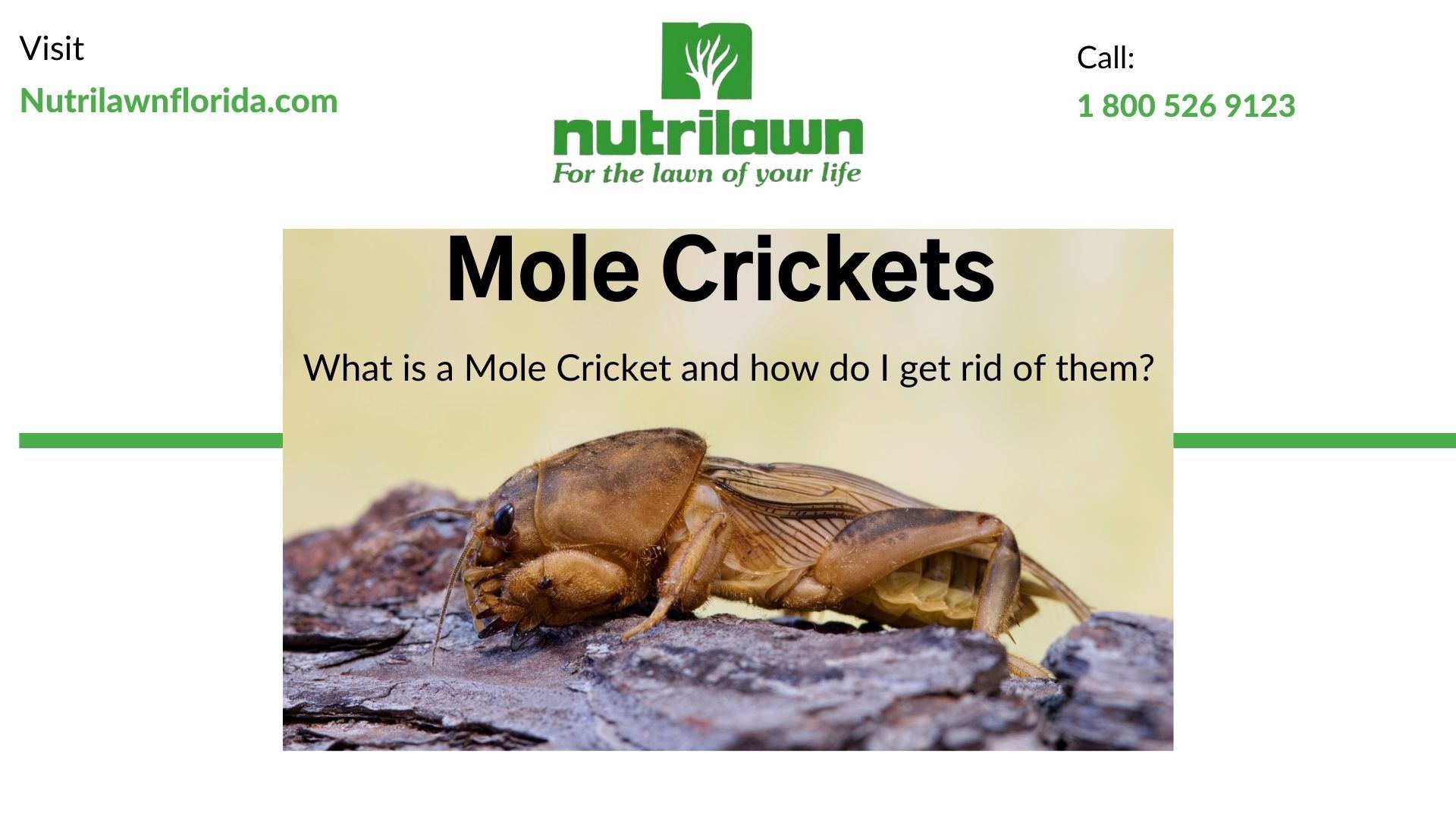



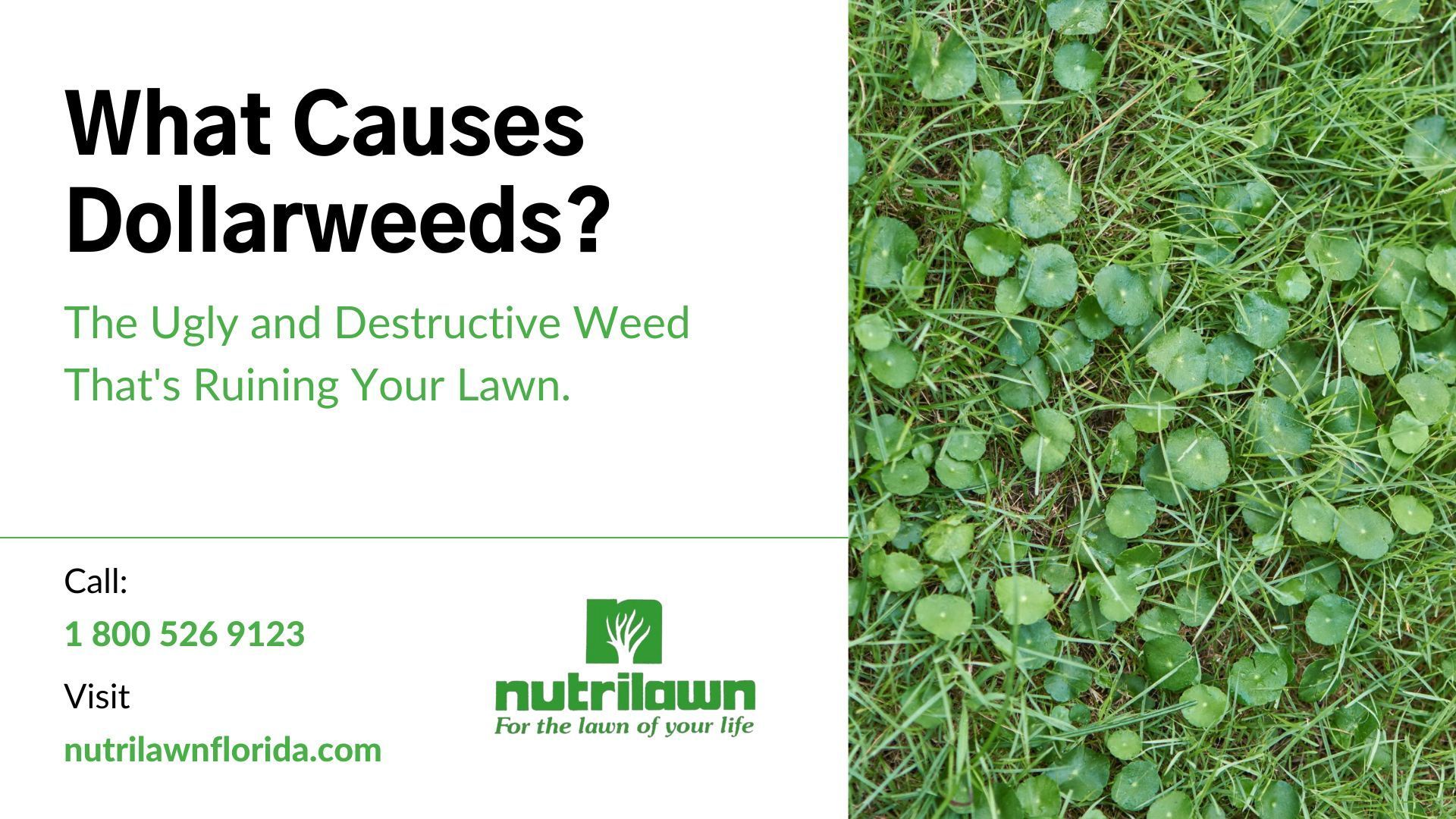
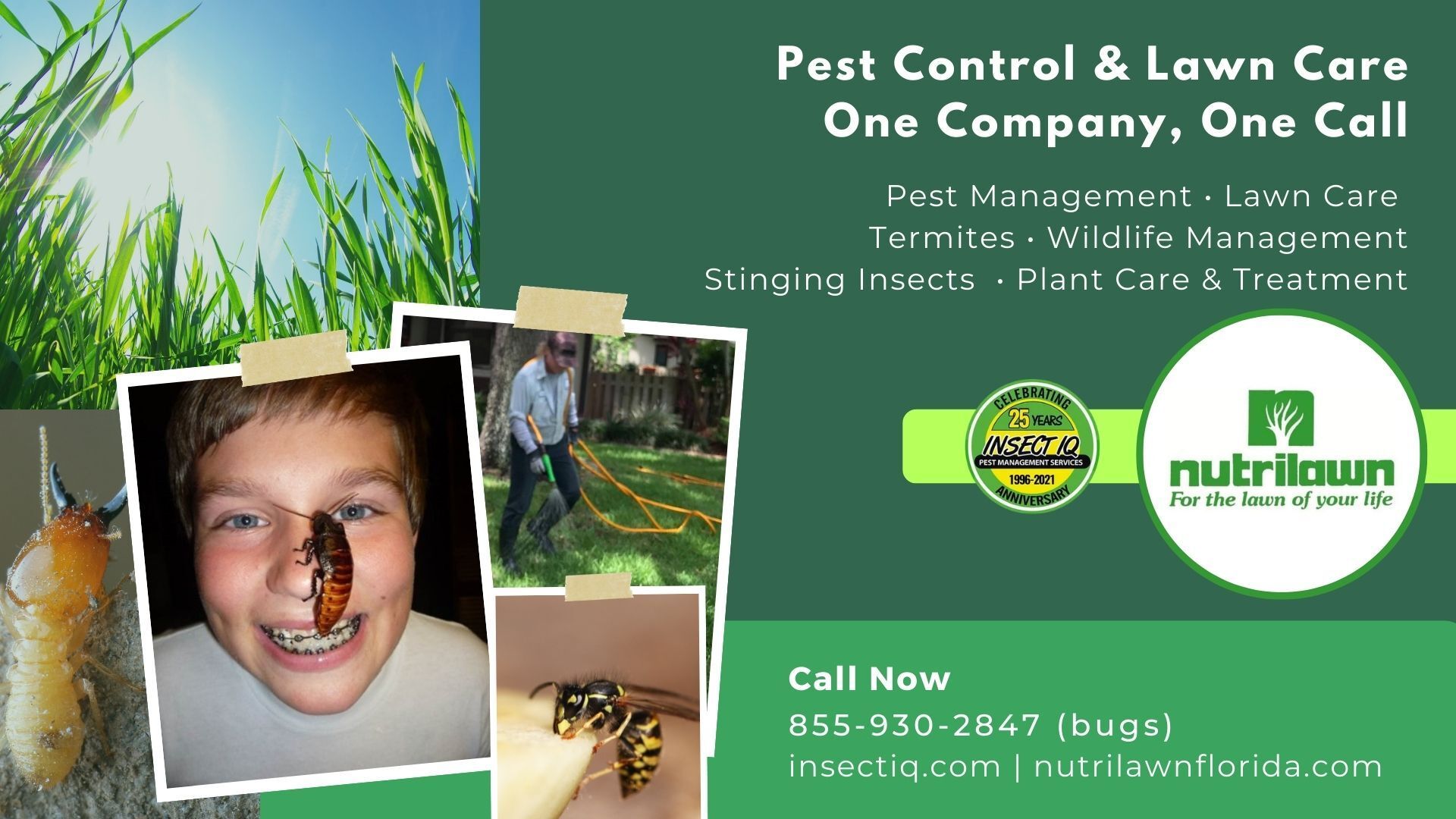
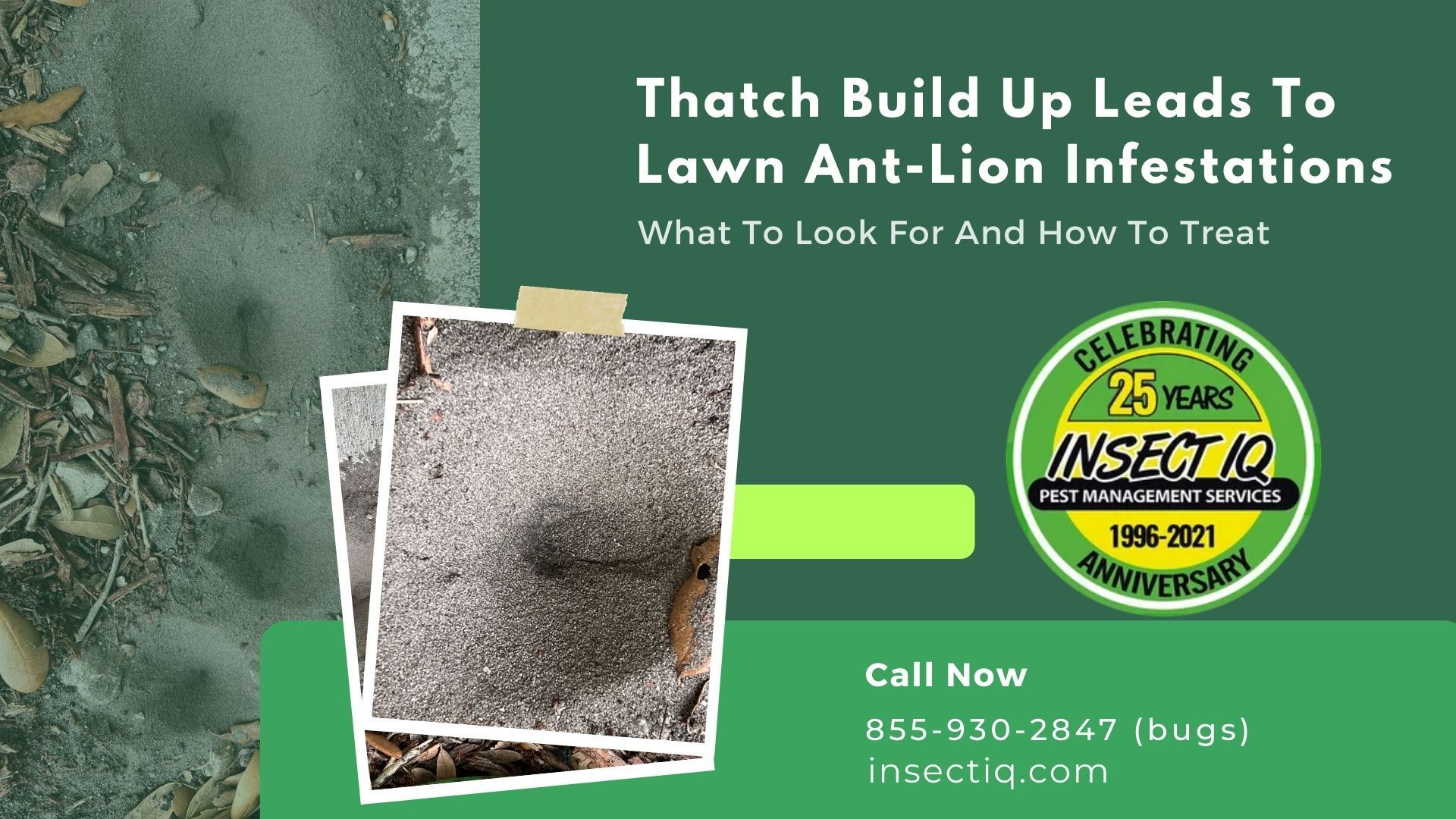
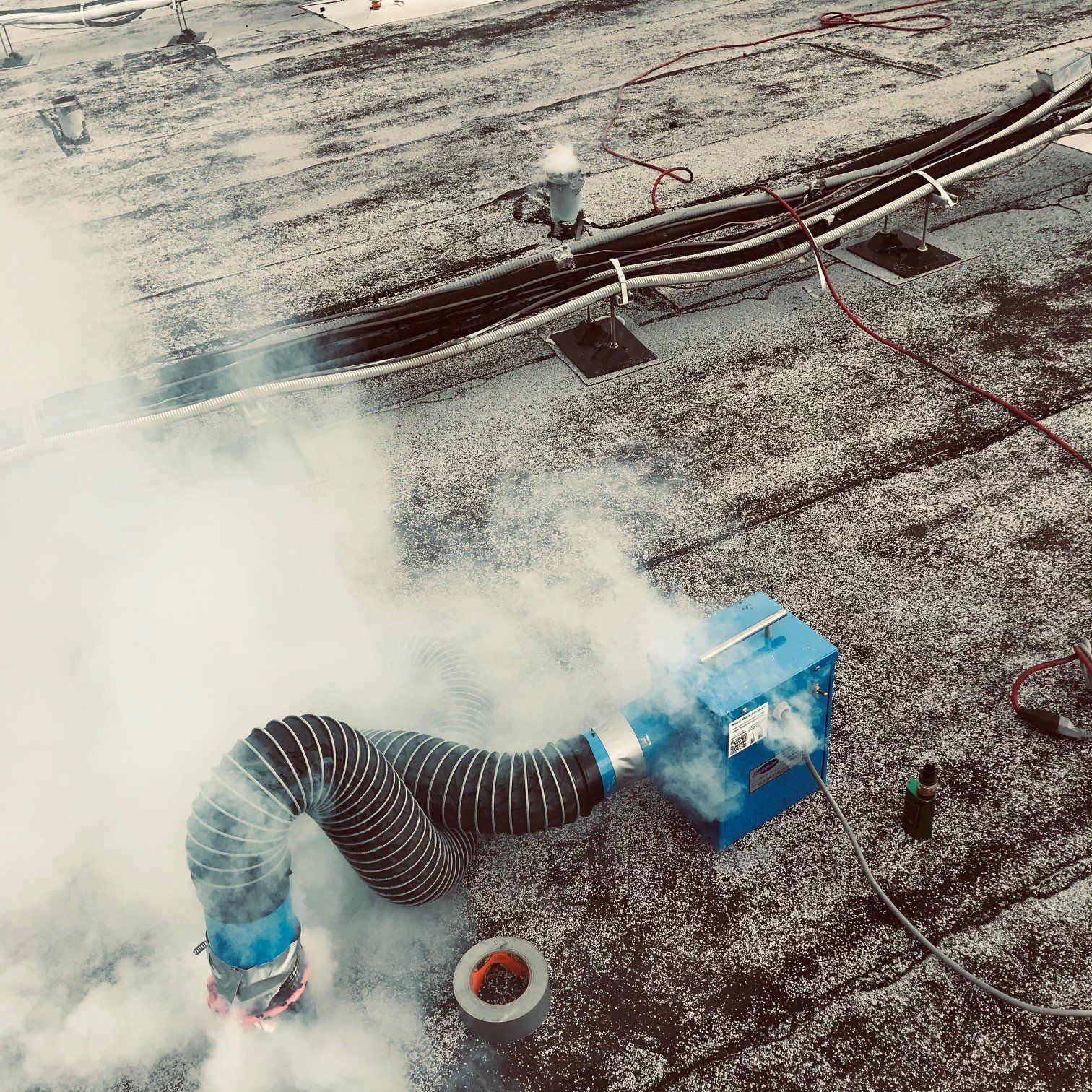
Working Hours
Monday through Friday: 7:30 am-4:30 pm
Copyright © 2021 All rights reserved.
